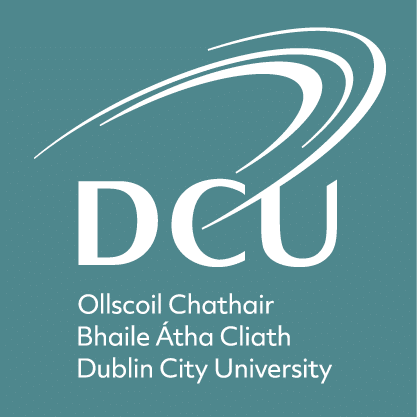Please note: The next intake to this course will be September 2022
The Doctorate in Psychotherapy (DPsch) is a level 10 NFQ (240 credit) programme, delivered as a four-year part-time programme.
Years one and two of the programme comprise taught modules that critically reflect on theories, practices and philosophies of psychotherapy, develop psychotherapy supervision knowledge/ practice and advance understanding of research methodologies and skills.Candidates may apply to exit the programme with an MA in Psychotherapeutic Studies on successful completion of years one and two of the Doctorate in Psychotherapy programme.Years three and four of the programme involve completion of a research project and thesis.
This programme builds upon candidates current psychotherapy knowledge,competencies and skills to enable the development of an inquiry-based attitude to practice and will inform the implementation of research projects that advance the boundaries of psychotherapy knowledge and locates participants as an authority in their chosen area or field of interest. Participants in the Doctorate programme will exit with the knowledge and ability to work as senior psychotherapists and researchers.
Intake Process
There are several stages to the selection process for candidates who wish to enter the Doctorate in Psychotherapy, as follows:
Stage 1: Paper Application
Applicants for the programme, firstly apply on the Postgraduate Application System (PAC Code -DCD13
www.pac.ie) providing evidence of prior academic achievements and clinical /practical experience. In addition applicants provide a personal statement outlining their interest in undertaking doctorate level study. Applications are reviewed by the Programme Admissions Panel and those meeting the criteria are invited for interview. At this initial stage the following is considered:
- academic award level and relevance
- professional experience in clinical practice and supervision
- personal development work
- evidence that applicants are able to conduct research at doctorate level
Stage 2: RPL Board Approval
For those applicants who do not directly meet the entry criteria, a Recognition of Prior Learning (RPL) Board assesses applications for equivalent prior learning regarding academic achievement and clinical/ practical experience. This Board comprises members of the Programme Admissions Panel. To ensure impartiality and consistency, the RPL Board is chaired by an independent member of the School Teaching and Learning Committee. After an application has been made on the Postgraduate Application System those applicants applying through the RPL route will be invited to complete a portfolio of evidence which is presented for consideration by the RPL board for entry to the Doctorate in Psychotherapy. The RPL board determines the next stage of selection.
Stage 3: Interview
Interviews are conducted by the Programme Admissions Panel with all applicants meeting the selection criteria or equivalent as determined by the RPL Board . The interview assesses applicant suitability using the following guidelines:
- review of all documentation to ensure fit with academic, practice related selection criteria
- discussion about research experience and exploration of area of research interest to be pursued at doctorate level
- psychological and emotional robustness and readiness for this advanced level of study
- a personal style what is compatible with an experiential group learning environment e.g. open and dialogic communication style, maturity, self-awareness, groundedness, motivation, compassion and human presence skills, good conflict management skills and a capacity for reflexive and ethical practice.
Stage 4: Offer
A place on the Doctorate in Psychotherapy is offered to each applicant who is successful at interview level. This is done through the PAC system.Applicants are given a discrete period of time to consider the offer before formally accepting it. Applicants may defer their place for one rotation of the programme only (2 years) and following this time period must make a fresh application.
For more information, see: https://www.dcu.ie/courses/postgraduate/school-nursing-psychotherapy-and-community-health/doctorate-psychotherapy
